About the Program
The Department of Emergency Medicine’s Ultrasound section offers a one-year fellowship that builds upon and enhances the knowledge and skills developed during medical school and residency.
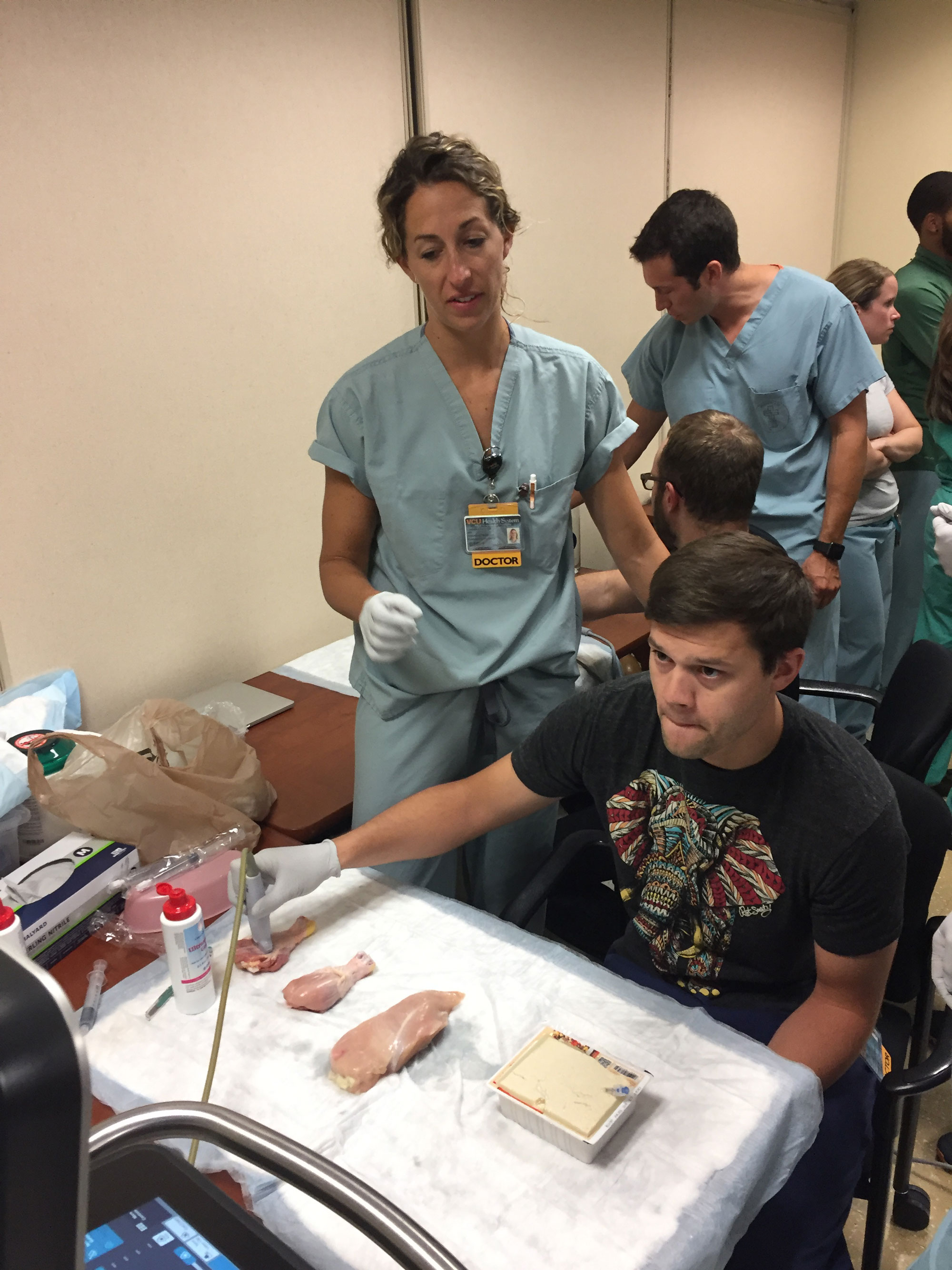 During the 12 months of training, fellows will complete more than 1,000 ultrasounds, with extensive training in resuscitative ultrasound including transesophageal echocardiography (TEE), pediatric abdominal ultrasound, musculoskeletal, advanced Doppler ultrasound and contrast enhanced sonography.
During the 12 months of training, fellows will complete more than 1,000 ultrasounds, with extensive training in resuscitative ultrasound including transesophageal echocardiography (TEE), pediatric abdominal ultrasound, musculoskeletal, advanced Doppler ultrasound and contrast enhanced sonography.
Though not required, fellows have the opportunity to sit for both the Registered Diagnostic Medical Sonographer and the Registered Diagnostic Cardiac Sonographer exams. They'll also have the option of obtaining more specialized certifications, such as the Registered Vascular Technologist (RVT), Musculoskeletal (MSK) sonography and those offered by the American Society of Echocardiography (ASE).
Curriculum
The year-long program provides extensive ultrasonography training across a broad spectrum of conditions and subspecialties within the Emergency Department. A typical year is organized into the following areas of study and practice:
| Month | Area of Study |
|---|---|
| July | Introduction and basic ultrasound physics |
| August |
Transducers and imaging instruments |
| September |
Doppler effect, color and spectral doppler, imaging artifacts and safety; Sonography Principles and Instrumentation (SPI) exam |
| October |
Liver, spleen, gallbladder, biliary tree, pancreas |
| November |
Abdominal wall, gastrointestinal tract, retroperitoneum, abdominal vascular |
| December |
Kidneys, bladder, scrotum, prostate, neck, thyroid, breast |
| January |
Registered Diagnostic Medical Sonographer exam |
| February |
Cardiac anatomy, physiology, echocardiogram technique |
| March |
Valvular heart disease |
| April |
Pericardial and hypertensive disease and cardiomyopathies |
| May |
Ventricular function, Doppler, aortic disease and miscellaneous |
| June |
Registered Diagnostic Cardiac Sonographer exam |
In addition to working as an attending physician in the busiest Trauma 1 center in Virginia, fellows also are given ample opportunity to teach, present research and publish scholarly activities. This allows fellows to build their teaching portfolios and establish a name for themselves in the world of academic emergency medicine.
Technology
At VCU, we take advanced technology seriously.
 The Emergency Department has eight Sonosite Xporte machines and one Sonosite Edge machine.
The Emergency Department has eight Sonosite Xporte machines and one Sonosite Edge machine.
Each machine is wirelessly connected to the ultrasound workflow management system Qpath E, which allows for instantaneous image uploading that can be viewed at any computer. Our Qpath E system is connected to our electronic medical record system, enabling us to create reports and send images to physician assistants.
Fellows also participate in our world-class resuscitation program, playing an intricate role on the resuscitation team. Two TEE probes allow us to perform advanced TEE in real time during active resuscitations.
Life in Richmond
Urban life with a small-town feel
We encourage our students, residents and fellows to maintain a healthy work-life balance, and Richmond is a wonderful place to engage in that well-rounded lifestyle. As the capital of Virginia since 1779, Richmond attracts students, faculty and staff from around the globe. The city’s location affords easy day trips to destinations like Washington, DC, Virginia Beach, Colonial Williamsburg and the Blue Ridge Mountains, among others.
As a mid-sized city with a metropolitan population of 1.3 million, Richmond provides stimulating activities while maintaining its intimate feel and unique vibe. Vibrant neighborhoods offer distinct, diverse experiences, with no shortage of art galleries, museums, music venues, restaurants, breweries and parks. For the outdoor enthusiast, you can’t beat the offerings in the city’s riverfront parks and urban wilderness areas such as white-water rafting, hiking, mountain biking and festivals.
Learn more about our community.Current Fellows
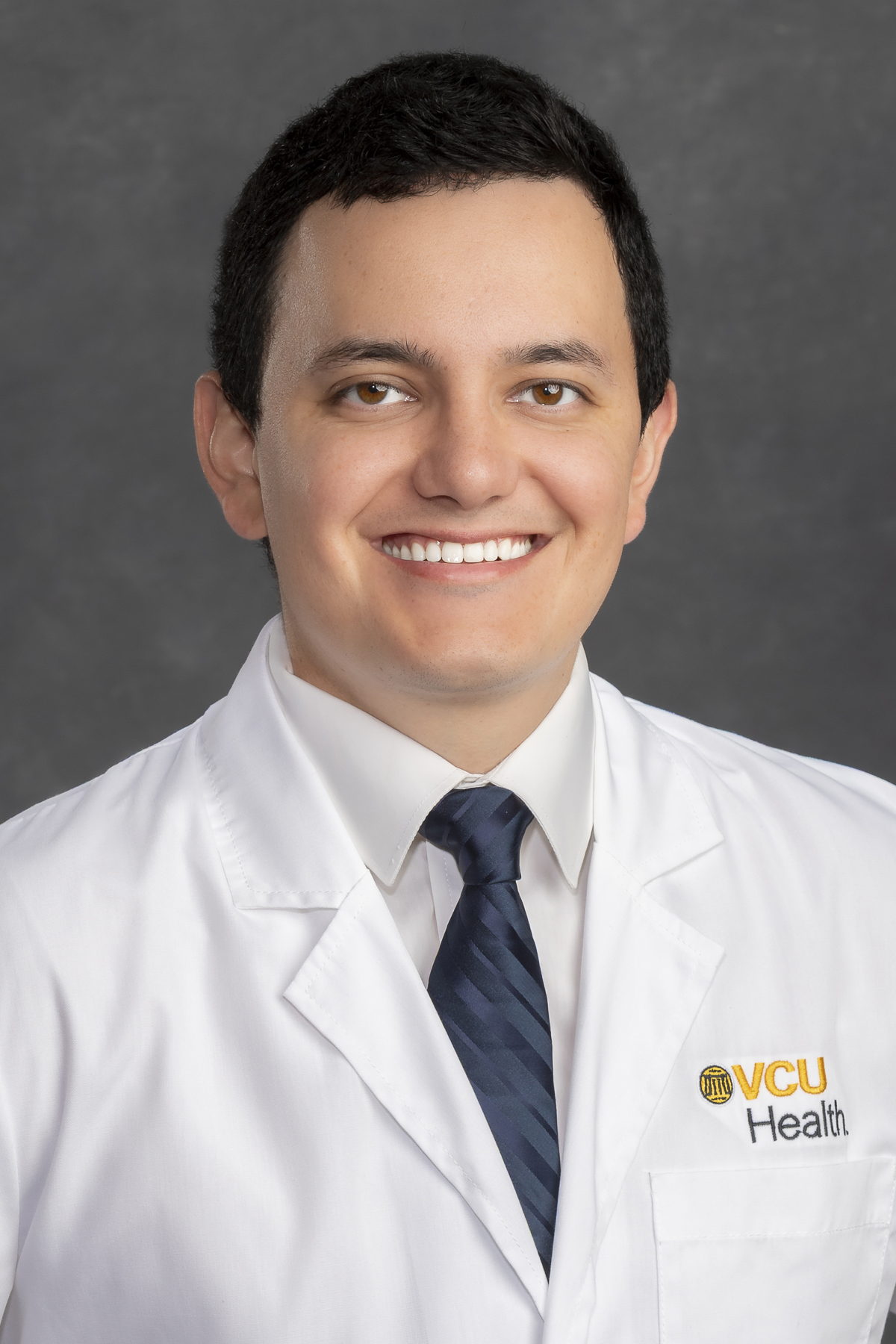
Carlos Cevallos
Clinical Ultrasound Fellow

Carlos Cevallos
Clinical Ultrasound Fellow
Emergency Medicine
Residency: Cooper Health
Medical School:
Apply Now
Prospective fellows must apply through the Society for Clinical Ultrasound Fellowship (SCUF), an organization that started as EUSFellowships in 2008 with the intention of providing structure and coordination to the ultrasound fellowship application process.
We will directly contact applicants to schedule a visit and interview. If you have any questions about the program or the process, please contact fellowship directors Lindsay Taylor or Jordan Tozer at Lindsay.Taylor@vcuhealth.org or jordan.tozer@vcuhealth.org.
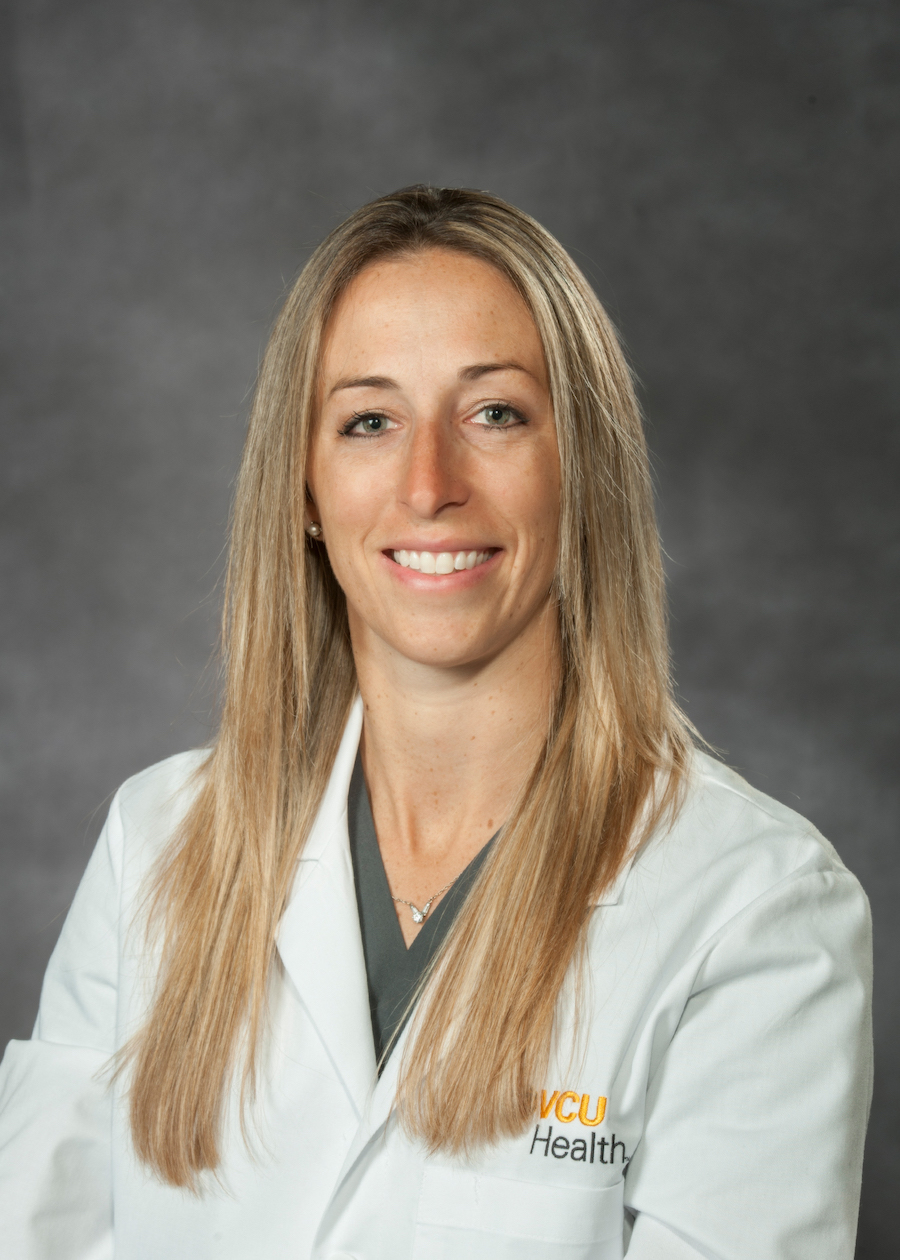
Lindsay Taylor, MD, RDMS, RDCS, RVT
Clinical Ultrasound Fellowship Co-Director

Lindsay Taylor, MD, RDMS, RDCS, RVT
Clinical Ultrasound Fellowship Co-Director
Email: Lindsay.Taylor@vcuhealth.org
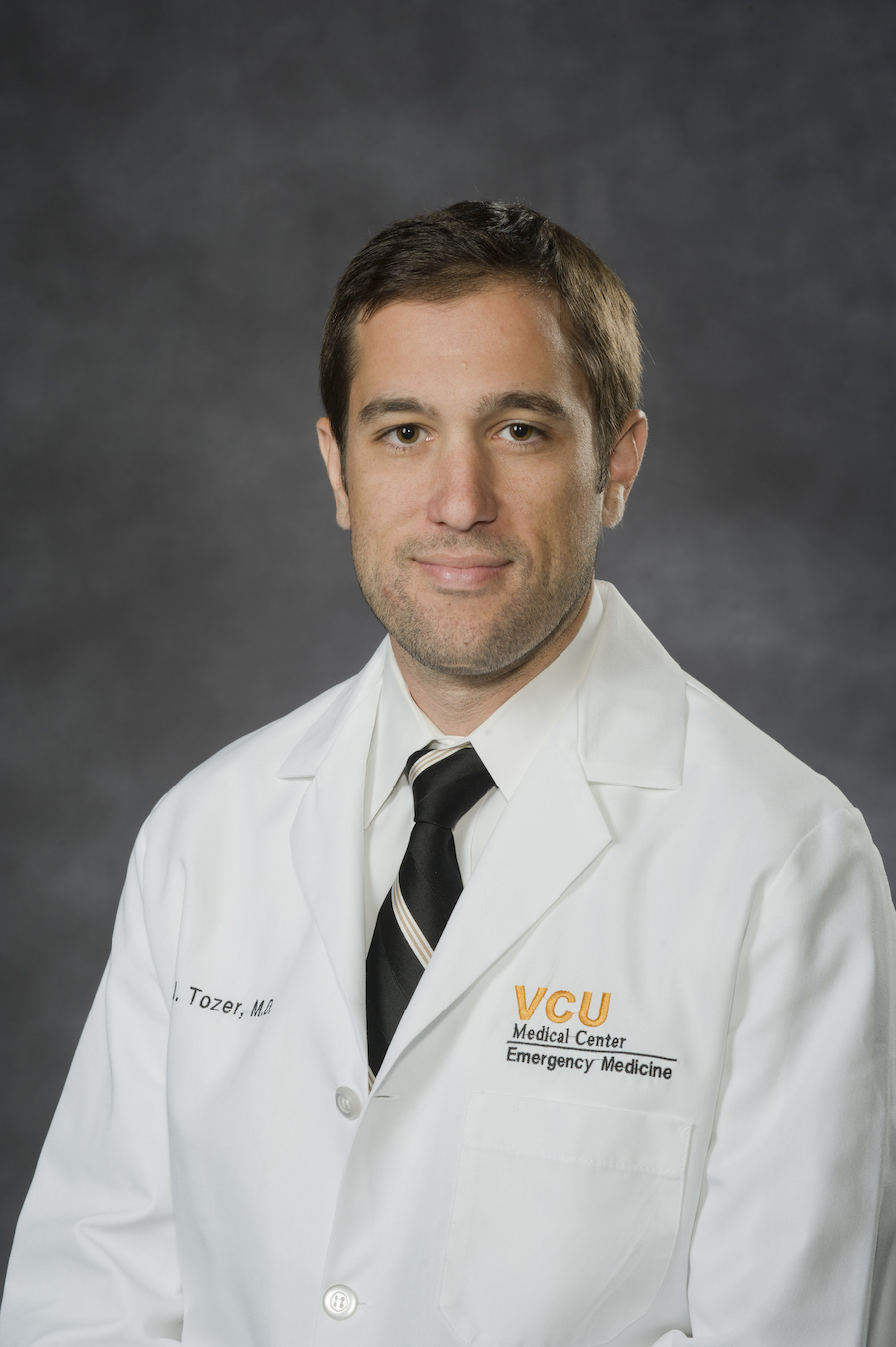
Jordan Tozer, MD, RDMS, RDCS, RVT
Clinical Ultrasound Fellowship Co-Director

Jordan Tozer, MD, RDMS, RDCS, RVT
Clinical Ultrasound Fellowship Co-Director
Email: jordan.tozer@vcuhealth.org
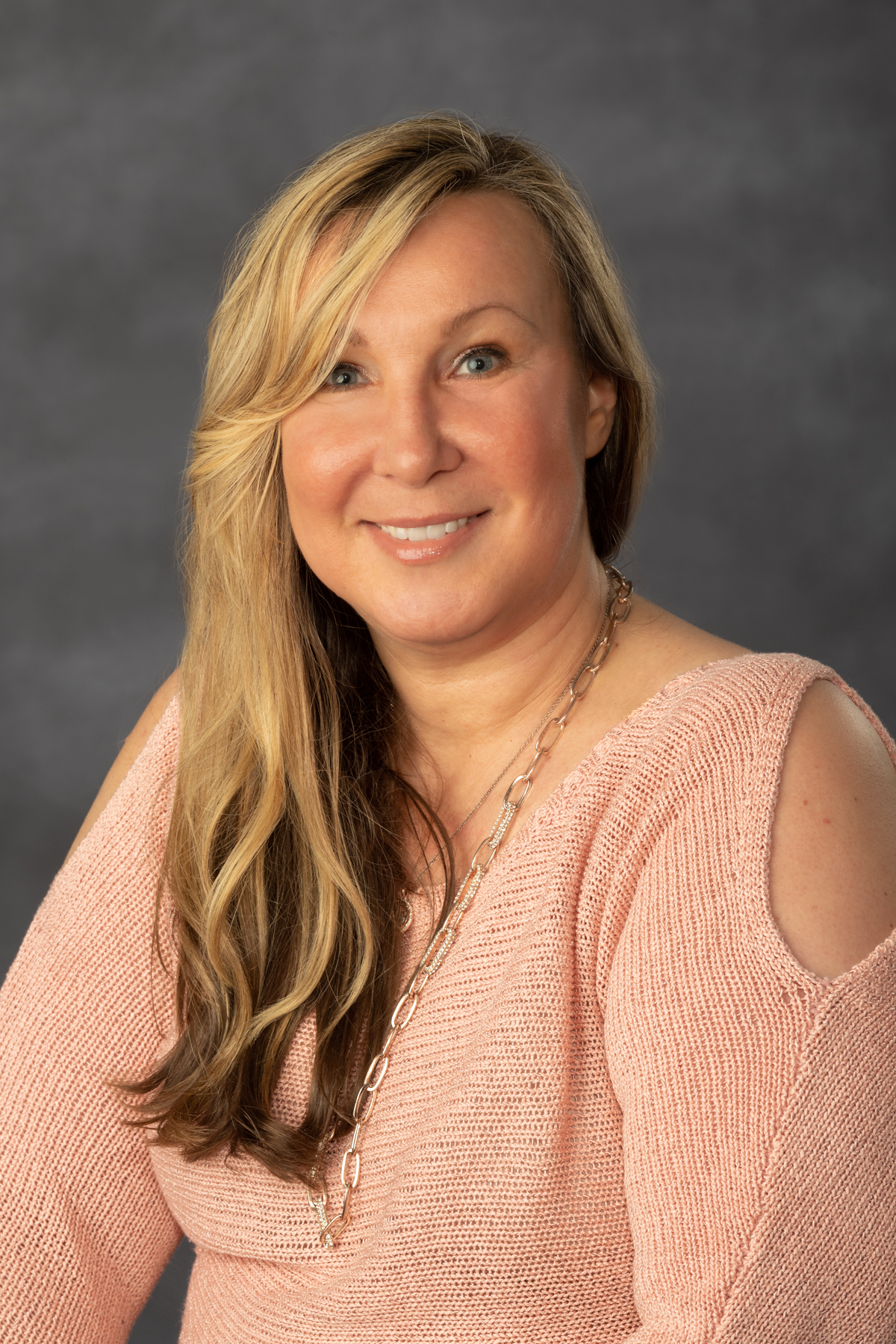
Michelle Crossen
Emergency Medical Services Fellowship Coordinator

Michelle Crossen
Emergency Medical Services Fellowship Coordinator
Emergency Medicine